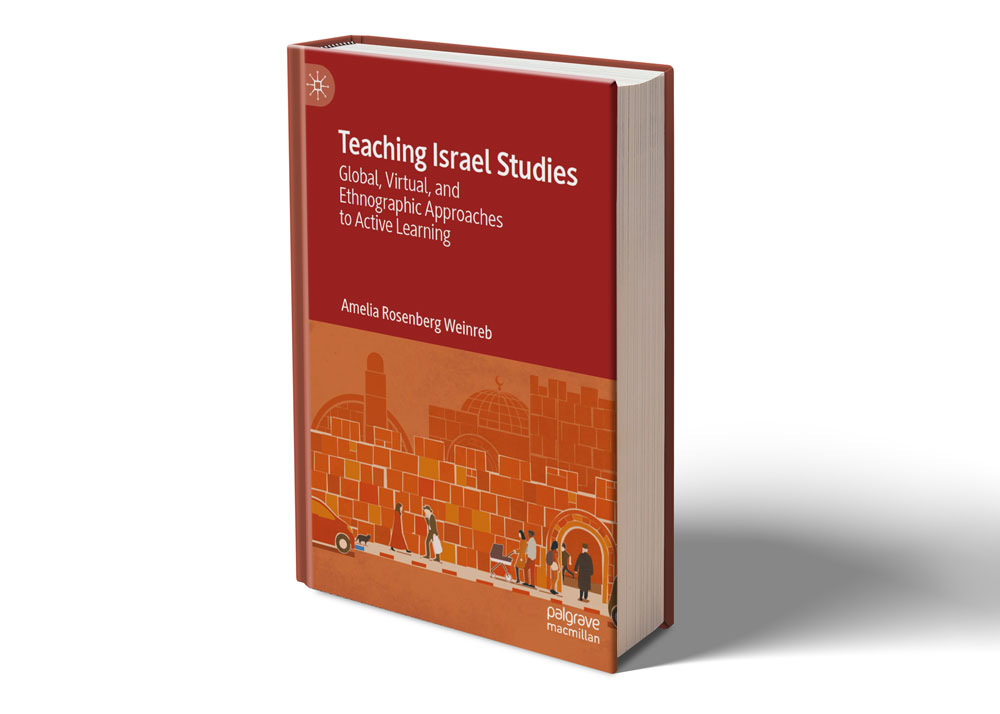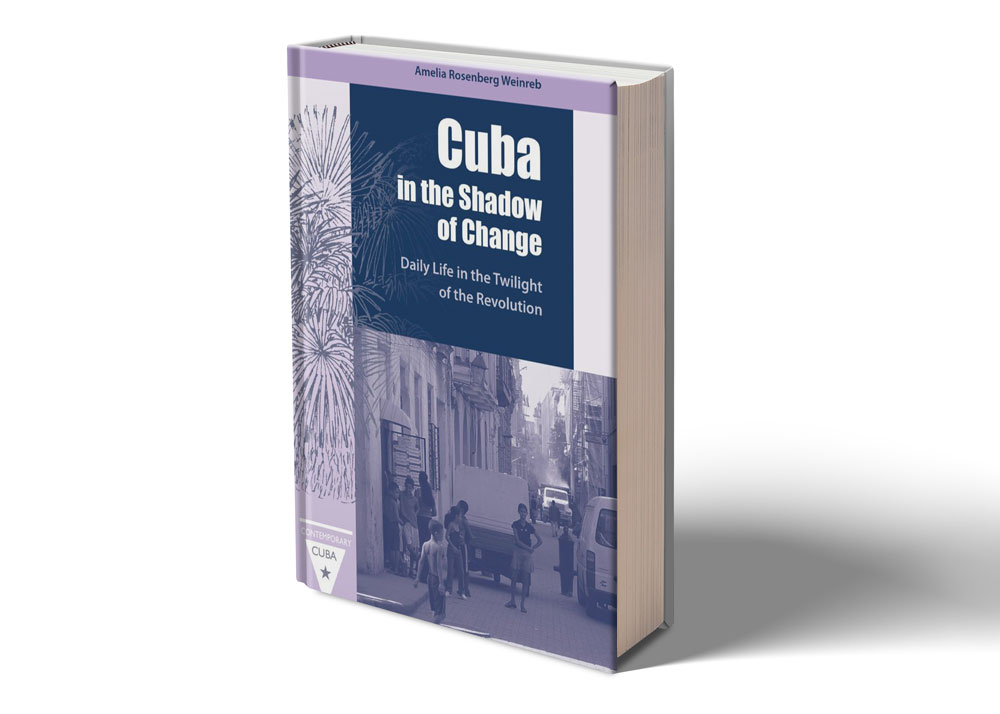Books

Teaching Israel Studies
• Carves out a new pedagogic path for existing and future scholarship in Israel Studies
• Provides examples of theoretically and culturally engaged Israel content for global classrooms
• Includes strategies for virtual learning, on-site instruction from Israel, and forging institutional partnerships
This book presents pedagogical strategies for today’s diverse Israel Studies classrooms. It offers Israel-specific innovations for online teaching, tested methods for organizing global virtual exchanges that uplift marginalized voices in Israel, including Palestinian voices, and an intellectual and political overview of the field. Informed by the author’s experiences in the classroom and principles shared with her by fellow instructors, the book provides a guide to developing an Israel Studies syllabus or integrating Israel Studies units into an existing curriculum.

Cuba in the Shadow of Change
Cuba in the Shadow of Change analyzes the new Cuban Middle class: an under-described and un-theorized group that is arguably in the majority on the isolated island. Amelia Weinreb focuses on the struggles of these individuals during the final years of the Fidel Castro era and addresses citizen and consumer changes that have taken place since Raúl Castro became president in February 2008.
The Cuban middle class has been able to best cope with problematic political and economic structures by utilizing purposeful obscurity, rather than activism. Weinreb demonstrates that these unsatisfied citizen-consumers’ political silence, underground economic activity, and secret identity as prospective migrants mark the boundaries of a significant “shadow public.”
Her experiences and conversations with Cubans–over the clothesline, in the back bedroom, at the kitchen table, and on the living room sofa–allow for an unforgettable look into the daily life of the local middle class. Her observations reveal much about the anxieties and clandestine plans that have shaped this largely silent majority during the waning years of the Castro regime.